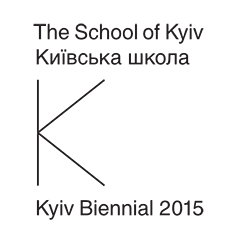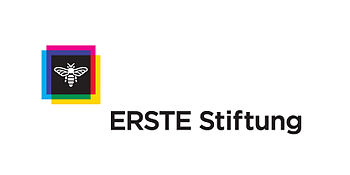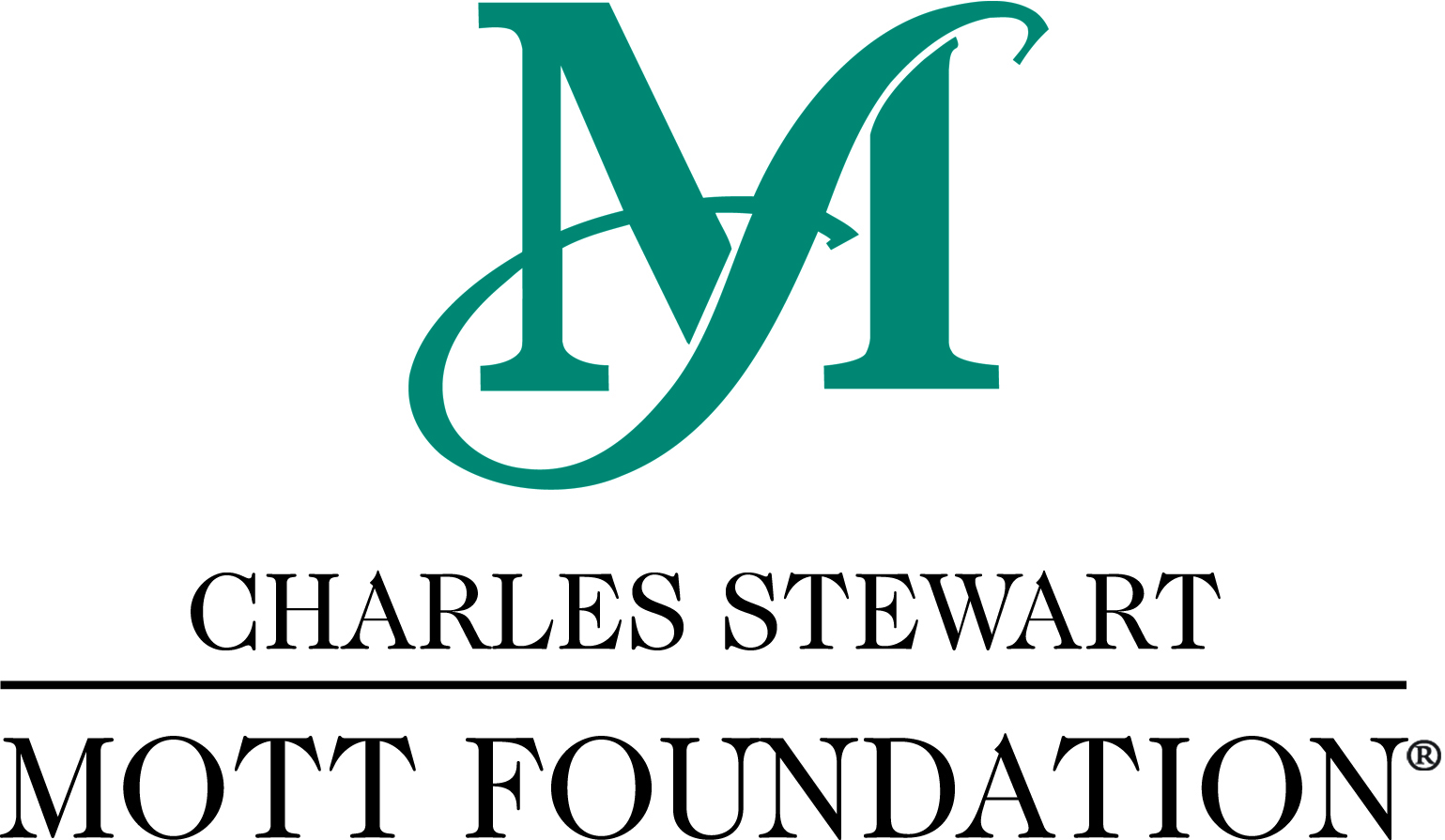Lectures and discussion within the framework of GRAY CUBE exhibition
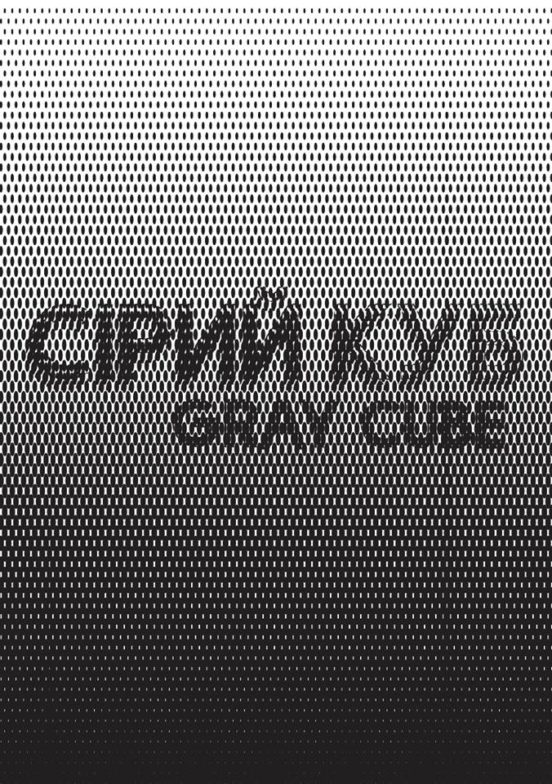
23 September, 19:00. Oleksandr Morozov. Cut & Kickback. Corruption in the Rhetoric of the Officials and Civil Movements in Post-Soviet Countries.
In personalistic regimes, as well as in “weak democracy” regimes, struggling with corruption turns into a never-ending and notorious policy. Opposition and government compete in the development of anti-corruption campaigns. This contest expresses itself in the language and three discourses emerge: disciplinary – on the part of the power, moralistic – on the part of the society, and institutional – on the part of the opposition which rests on the language of “normative democracy.” At the same time, corruptive practices have their own language of allusions and euphemisms. How do these languages coexist in the society? The lecturer will present five remarks on the “philology of corruption and anti-corruption.”
Oleksandr Morozov is a political analyst, a teacher at the Ruhr-University Bochum, Germany (2014–15), contributor to Deutsche Welle (2015–16), co-organizer of the Centre for Russian Studies at the Charles University, Prague, Czech Republic.
24 September, 17:00. Zakhar Popovych. From the Soviet Informal Economy to Today’s Systematic Corruption.
The lecturer will answer such questions: Why did the restoration of capitalism in the USSR and the People’s Republic of China follow such different trajectories? What was so specific about the business of the Soviet gray bourgeoisie? How and when did the Ukrainian offshore business model and systemic corruption begin to emerge? Should we focus mainly on corruption, or, more generally, on a socio-economic system which includes the tax liberation of big business, unlimited withdrawal of capital, and effective system of countering foreign investments in Ukraine?
Zakhar Popovych is a Ph.D. in Economics, deputy director of the Center for Social and Labor Research (Kyiv), researcher of the Soviet bureaucracy.
24 September, 18:00. Lecture by Yuliia Yurchenko Corruption and Law in Post-Soviet Ukraine followed by a discussion.
Corruption in Ukraine expresses itself in various forms: it is a mechanism for capital accumulation, a form of economic protectionism, and an integral part of neo-liberalism. In the 1990s, informal relations and transactions were vitally important. They arose from the existing relations between the state administrative apparatus, the rudiments of the capitalist class and the security agencies, and eventually turned into legalized forms – such as non-payment and tax evasion, systemic nepotism in privatization processes, etc. The lecturer will question corruption as a phenomenon and as a concept, as well as explain the connection between corruption and neo-liberal reforms in the Ukrainian context.
Yuliia Yurchenko is a Ph. D. in Political Economy, a researcher at Greenwich University, UK. She specializes in the political economy of Ukraine in the post-Soviet period, regulation of international trade, international lobbying, capital accumulation and EU renewable energy policies.
Exhibition Gray Cube focuses on the phenomenon of corruption, which is usually associated with political or sociological issues and has artistic potential. Paraphrasing, obscuring, allusions, creating secret sign systems – these forms of corrupt behavior can be perceived as artistic techniques that add fiction to the present, transforming the everyday into an absurd adventure. Placing themselves within a gray democracy and gray economy, artists examine the way the logic of corruption interweaves the social fabric. They make its anthropological, historical and aesthetic dimensions visible.
Curator – Kateryna Mishchenko
Participants: Oleksandr Burlaka, Leon Kahane, Dana Kosmina, Stanislav Menzelevsky, Anna Onufrienko, Ghenadie Popescu, Oleksiy Radynski, Hito Steyerl, Oleksandr Teliuk.
Exhibition display by Dana Kosmina
Open hours: Tuesday–Sunday, 14:00–20:00. Monday – closed.
Admission is free
Exhibition takes place within the “Bestehend” project which is a collaboration between Goethe-Institut Ukraine and Federal Agency for Civic Education and is supported by the Federal Foreign Office
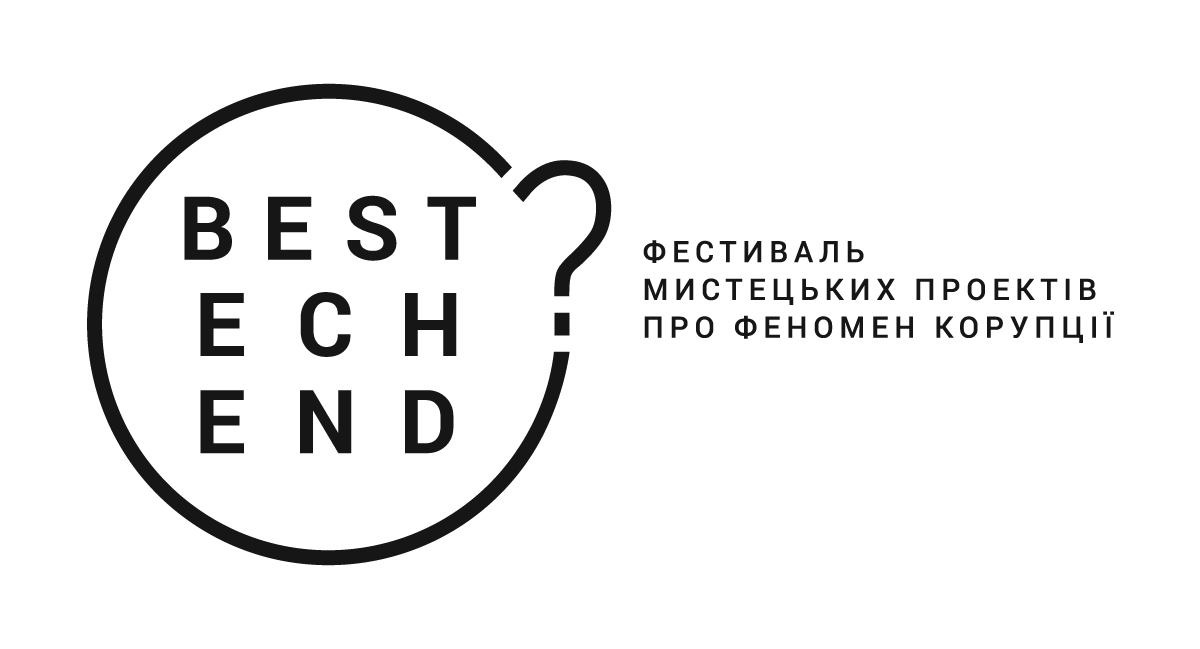


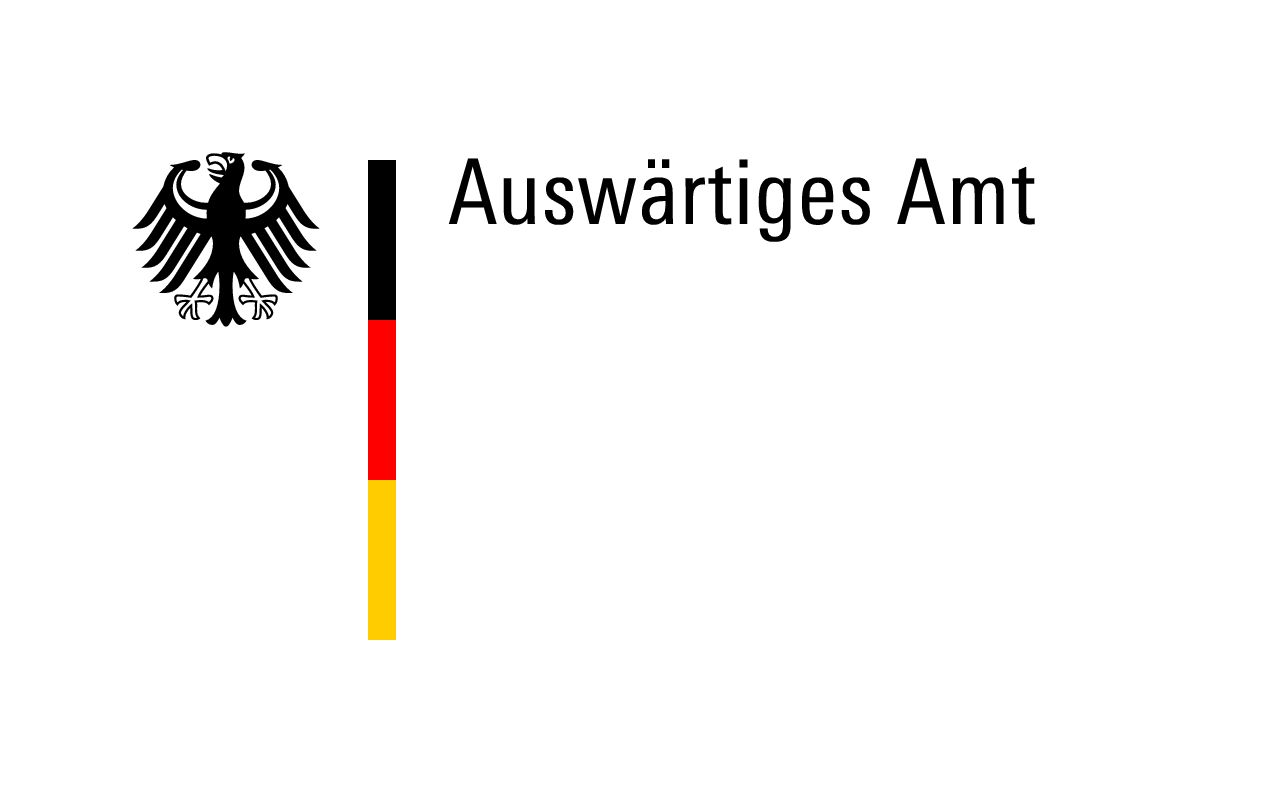
Supported by ERSTE Stiftung and Charles Stewart Mott Foundation
Media partner — Hromadske.UA
![]()

